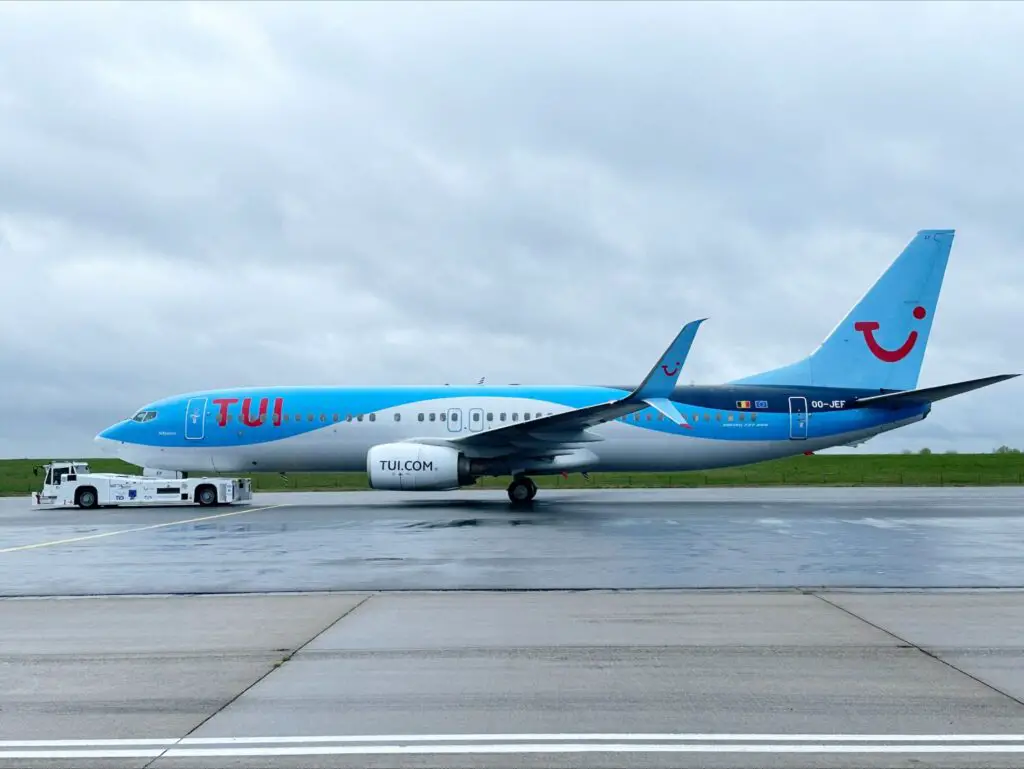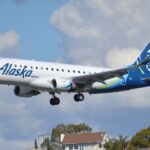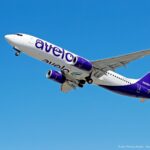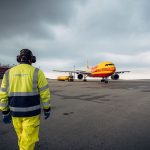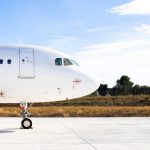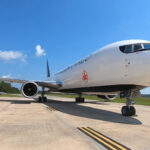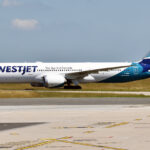Brussels International Airport (BRU) has initiated trials of a Taxibot in collaboration with TUI Fly. This semi-autonomous system will enable aircraft towing procedures while significantly reducing environmental impact.
The modern device allows aircraft to be moved from the terminal to the active runway and vice versa without the need to use engines. The Taxibot will operate on biodiesel, thereby reducing CO₂ emissions during ground movements.
The Taxibot is part of the Stargate program, driven by Green Deal, in collaboration with Brussels Airport and TUI Fly, who have provided a Boeing 737-800 for dynamic testing of the device.
Arnaud Feist, CEO of Brussels Airport, stated: «It is crucial to seek innovative solutions to reduce the environmental impact of our airport operations.»
«The Taxibot offers a new and interesting alternative for taxiing, so by testing it at Brussels Airport, we are not only examining its operational use, but also gaining a clearer understanding of the advantages of using it within our infrastructure», Feist added.
Gunther Hofman, CEO of TUI Fly Western Region, noted that «since its inception, TUI fly Belgium has placed sustainability at the core of its flight operations. Therefore, we are proud, along with all the partners of the Brussels Airport Stargate project, to contribute to greener aviation.»
«The use of the Taxibot marks a significant step forward in this process. This innovative vehicle will enable us to tow aircraft, saving fuel and reducing CO₂ emissions», Hofman added.
Functioning of Taxibot
The Taxibot is a semi-robotic truck that can be controlled by the pilot from the cockpit. It is a certified solution for sustainable taxiing and can be used for towing aircraft of the Boeing 737 and Airbus A320 families.
Instead of using the aircraft’s own engines for taxiing, the Taxibot with biodiesel pulls the aircraft to the active runway or the boarding gate. The pilot maintains full control during the procedure and operates the brakes, just like during normal taxiing.
Taxiing is conducted at the same speed as normal, but the use of the Taxibot can significantly reduce fuel consumption, emissions (up to 85% less CO₂, UFP, NOx, etc.), and noise impact, with up to 60% noise reduction during taxiing.
Trials at Brussels Airport
The objective is to test the truck on the taxiways of Brussels Airport to assess the benefits in this specific operational context. Although taxiing times at Brussels Airport are relatively short, a Taxibot should have a positive impact on noise and emissions compared to taxiing with aircraft engines.
Trials began on March 25, following the training of TUI fly pilots, and will continue for three months to evaluate the benefits of this taxiing alternative.

